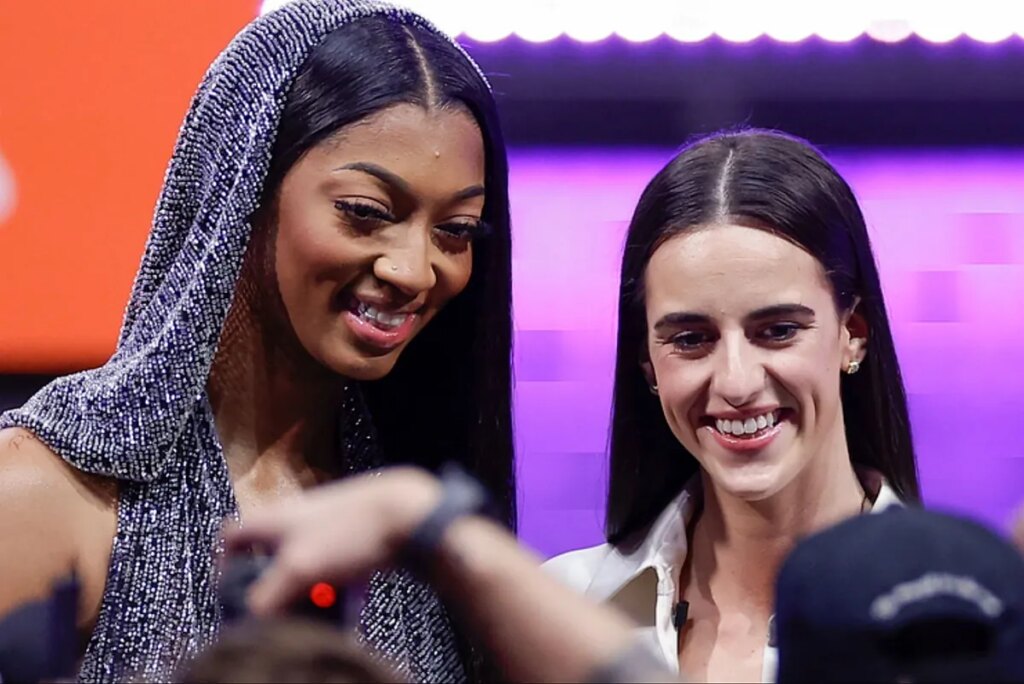For professional athletes, the weight they carry stretches far beyond the stat sheet.
The WNBA’s stars are not only dealing with grueling schedules and relentless public scrutiny, but also deeply personal battles such as menstrual health, postpartum body changes, fertility struggles and the emotional toll of balancing life in the spotlight with who they are off the court.
Back in 2019, the NBA had already made strides with mental health policies, while the WNBA was just beginning to acknowledge the urgency.
That changed when Las Vegas Aces center Liz Cambage broke the silence. Her powerful open letter in The Players’ Tribune pulled no punches: “We’re suffering, and no one’s really helping.”
Just four days into her new role, Commissioner Cathy Engelbert added mental health to her list of league priorities.
By January 2020, a groundbreaking new collective bargaining agreement (CBA) was signed. It included, for the first time ever, a section dedicated to mental health.
While initially vague, it marked the beginning of a movement that’s only grown stronger each season.
A mental wellness ecosystem is taking root across the WNBA
During the COVID-era “Wubble” season in 2020, regular community mental health check-ins became the norm. Players found spaces to open up, connect, and advocate.
Supported by professionals such as Dr. Altha J. Stewart and therapist Dr. Hillary Gunter, the league began developing a real mental health playbook.
Now, the WNBA is setting the standard for what mental health infrastructure in sports can look like.
The league’s Mind Health platform, built in collaboration with the NBA, gives players and fans alike access to practical tools rooted in six pillars: Move, Play, Learn, Connect, Reflect, and Nourish.
Meanwhile, the league’s partnership with Evernorth Health Services is bringing mental health to the center of the WNBA’s biggest events, including All-Star Weekend and a planned 2025 Health Summit.
In April 2025, the “No Space for Hate” initiative launched to tackle racism and digital harassment head-on, with arena policies, therapist access, and social media monitoring.
Teams are stepping up too. The Phoenix Mercury‘s alliance with MIND 247 offers around-the-clock walk-in mental care.
The Atlanta Dream introduced “Head Space with Dream Players” panels as early as 2021. And the Chicago Sky and Dallas Wings have woven mental health awareness into their Commissioner’s Cup community work, linking it with broader issues like breast cancer care.
Leadership is leaning in as well. The Las Vegas Aces, under president Nikki Fargas, just hosted their second youth mental health summit. In Dallas, head coach Chris Koclanes integrates mental health into every practice.
Even at the 2025 WNBA Draft, Engelbert didn’t shy away from reality. She addressed the online hate players endure and introduced a task force that will bring real-time support and licensed clinicians to those who need it most.
Read the full article here

